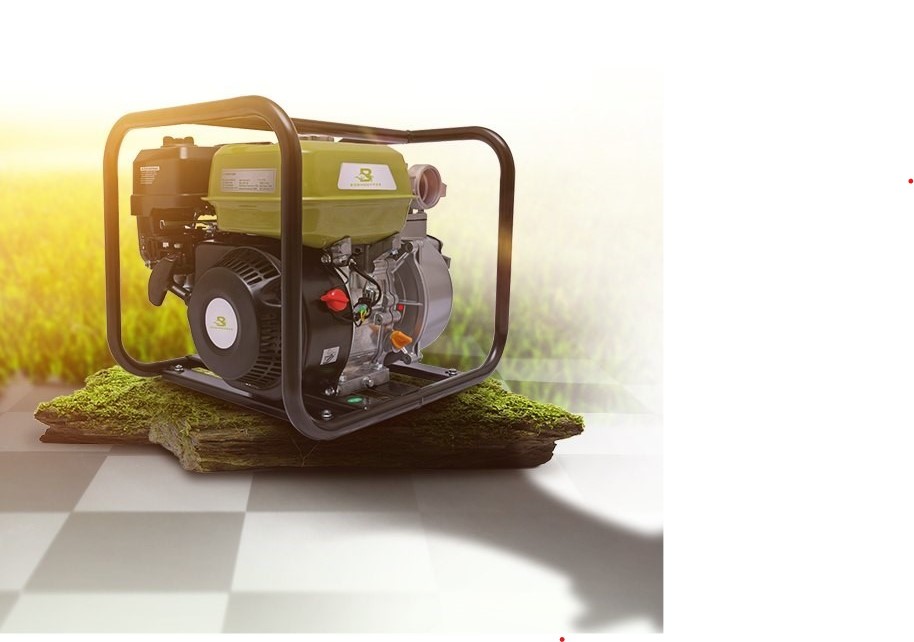
Water pumps are essential tools used to move water from one place to another for various purposes, including irrigation, drainage, industrial processes, and more. Different types of water pumps are designed for specific applications based on factors like flow rate, pressure, and the type of fluid being pumped. Here are five common types of water pumps and their uses:
1. Centrifugal Pumps:
Uses: Centrifugal pumps are widely used for various applications, including water supply, irrigation, and industrial processes. They are efficient for transferring large volumes of water at low to moderate pressures. Centrifugal pumps work by converting kinetic energy into pressure energy as water enters the pump impeller and is discharged at high velocity.
2. Submersible Pumps:
Uses: Submersible pumps are designed to be submerged in water and are commonly used for well water pumping, groundwater drainage, sewage pumping, and underwater applications. They are efficient for lifting water from deep sources and can handle abrasive or dirty water.
3. Diaphragm Pumps:
Uses: Diaphragm pumps are used for various applications, including agriculture, water supply, and chemical transfer. They can handle liquids containing solids and abrasive materials. Diaphragm pumps work by using a flexible diaphragm that creates a pulsating action to move fluids.
4. Positive Displacement Pumps:
Uses: Positive displacement pumps are used for applications requiring precise flow rates and pressures, such as metering, dosing, and high-viscosity fluids. They are commonly used in industries like chemical processing and food production. These pumps create a consistent flow by trapping and displacing a specific volume of fluid.
5. Jet Pumps:
Uses: Jet pumps are often used for domestic water supply, shallow well pumping, and irrigation. They work by utilizing the venturi effect to create suction and draw water from the source. Jet pumps are suitable for relatively shallow water sources and low flow rates.
Each type of water pump has its advantages and limitations, and the choice depends on factors such as the application requirements, available water source, required flow rate, pressure, and the characteristics of the fluid being pumped. Proper selection of the appropriate water pump type ensures efficient water movement and distribution for various purposes.
Engineered for farming and agricultural applications, the new machine delivers reliable performance, strong build quality, and efficient operation to meet everyday field demands — Mechnova Machines.







